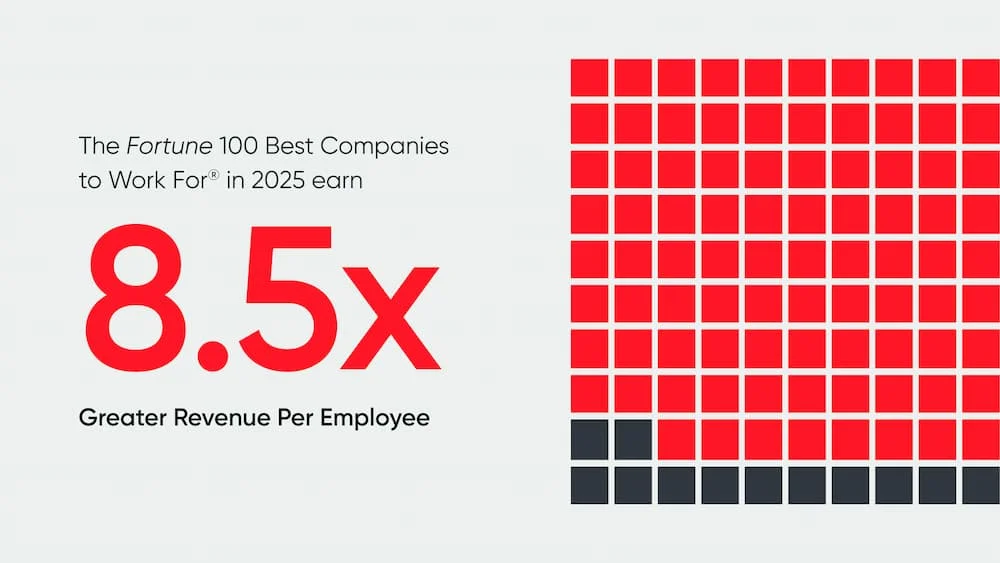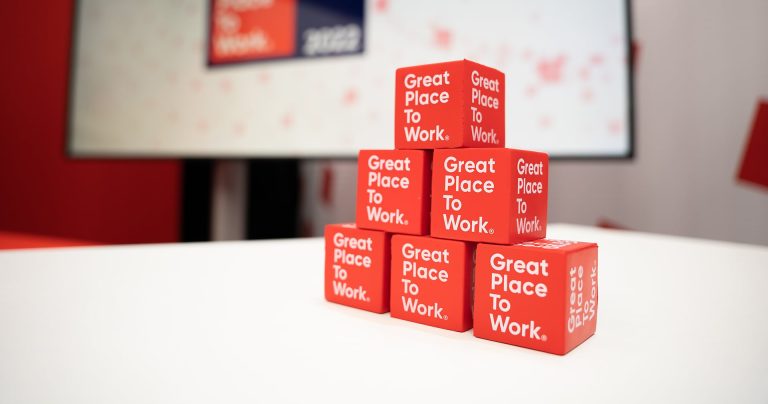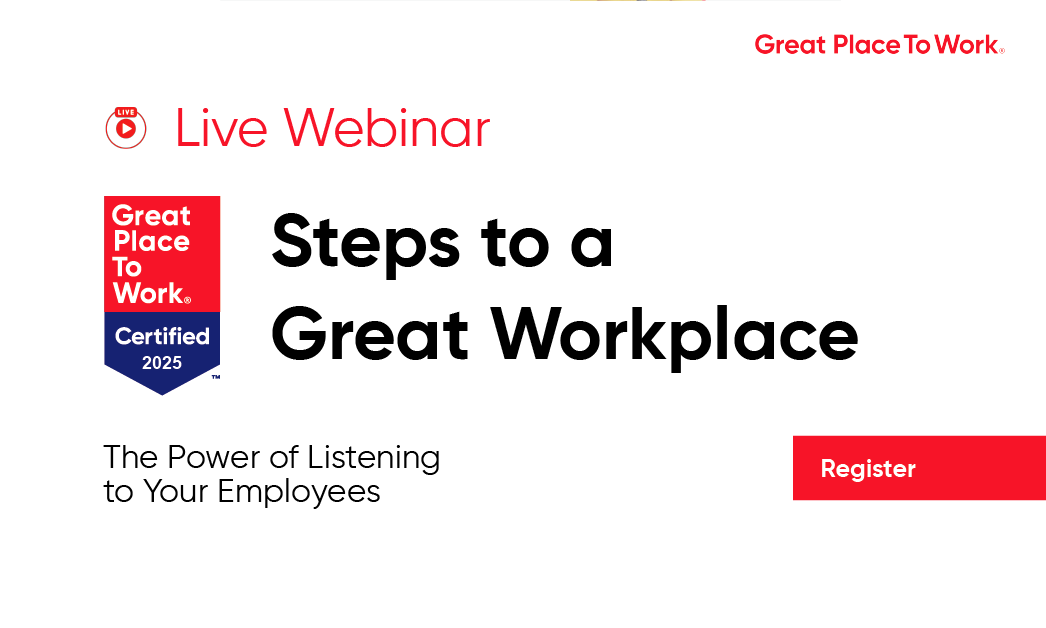When people think of a great workplace, they often picture a company with lavish perks, fancy parties and amazing benefits. While those elements are present in many of the well-known Best Workplaces, the definition of a great workplace goes far deeper than perks and benefits. In fact, at its core, a great workplace is about the level of trust that employees experience in their leaders, the level of pride they have in their jobs, and the extent to which they enjoy their colleagues. One clear reason why lavish perks, fancy parties and amazing benefits do not define great workplaces is the fact that they are short term gratifications for a lot of employees, and can be easily mirrored by other companies. In other words, organisations cannot rely on them to keep their best brains because immediately these benefits are offered to employees another organisation is enticing them with a higher level of these perks, and the efforts to outwit each other continues, resulting in a constant disruption of the culture that exists, not forgetting the cost of recruitment, and orientation that goes with every new hire. Also, after a few months these perks no longer wow the employee because human wants are insatiable, and so new wants creep in.
Great Workplaces understand the importance of building a sustainable long term future through an engaging work culture piloted by Trust. At Great Place To Work we define a great workplace through two perspectives; The Employee’s Perspective and the Manager’s Perspective. For the employee, a Great workplace is one where the employee:
- TRUST the people they work for;
- Have PRIDE in what they do; and
- ENJOY the people they work with.
This is very instructive because when an employee signs the dotted lines of his offer letter he is saying to the employer you have a more articulated understanding of your mission and better clarity of your vision, and as such I would allow my personal mission and vision be subservient and give you my commitment for the next 5, 10, 20 years, until I have clarity of mine. A lot of organisations miss this point by a wide mile. They see the job they offer to an employee as a favour done to him and are not shy when it comes to making this point known to the employee. Great Workplaces on the other hand understand that when an employee signs the dotted line, he or she is entrusting his future, her aspirations to them (This is honorable and should be treated like something precious). They reciprocate by providing the certainty (Mission) and clarity (Vision) that employees need thereby earning the much-needed trust of their employees, while for the employees they get a level of pride working for the organisation, and are quick to say it out loud that they work for such a company.
The managers at Great Workplaces also rightfully demand trust from people that report to them, and this has given rise to the second definition of Great Workplaces; from the Manager’s Perspective. For the manager who is a representative of the organisation, a Great workplace is one where they:
- ACHIEVE ORGANISATIONAL OBJECTIVES
- with employees who GIVE THEIR PERSONAL BEST and
- WORK TOGETHER AS A TEAM/FAMILY in an environment of TRUST
In other words, employees are expected to always put in their personal best to stand the chance of achieving organizational objectives, and with this comes financial, social, and psychological rewards. Great Workplace certainly can’t afford to have a Culture of Comfort, neither can they afford a Culture of Burnout and so management, working with their staff, go about achieving their objectives as a Team/Family in an environment of Trust. The ‘us versus them’ syndrome that exists between management and staff of some organisations only helps to tear down relationship structures or depletes what we call Trust Reservoirs at Great Place To Work.








